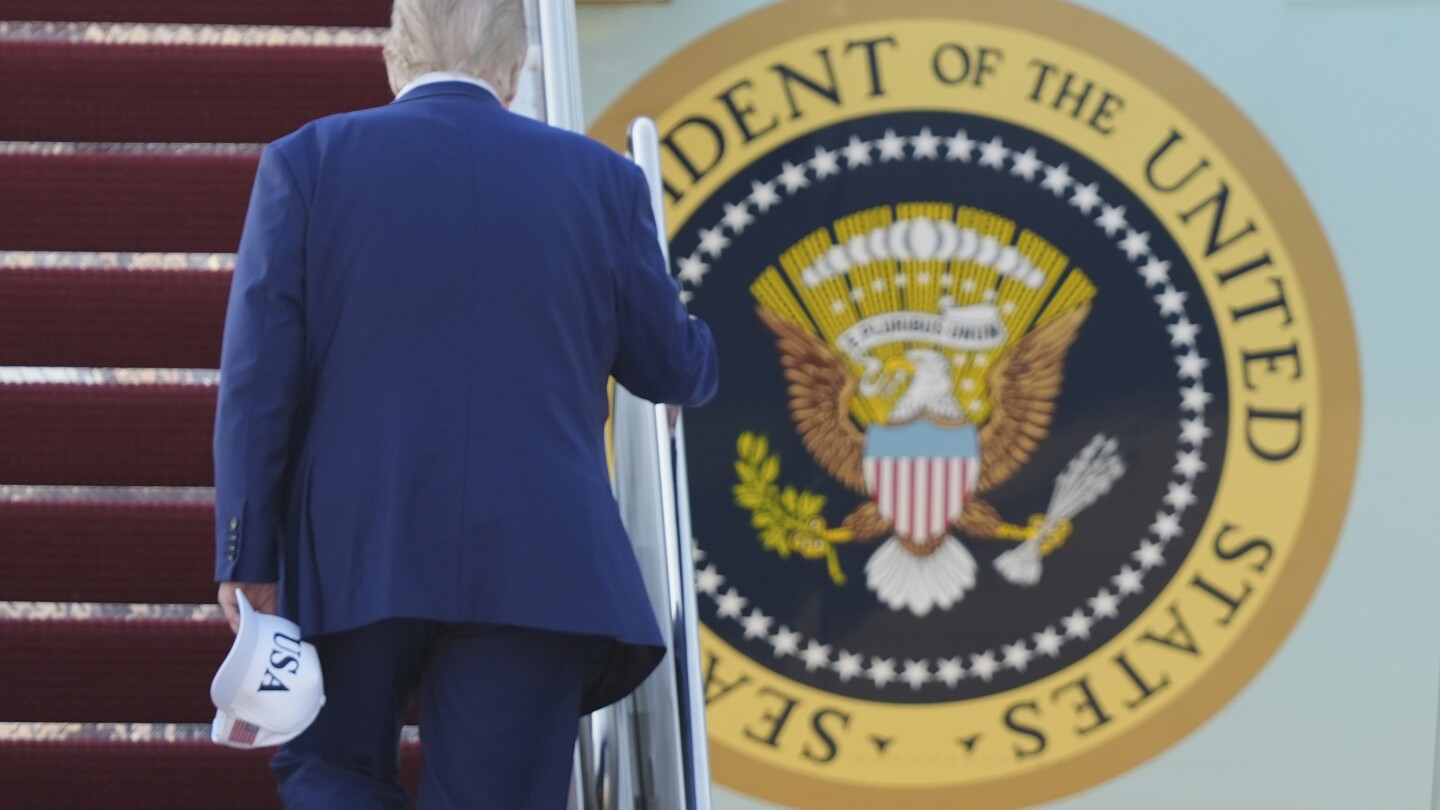WASHINGTON – President Donald Trump has declared, “NO ONE GOES ON VACATION” until the expansive legislative bill reaches his desk by the Fourth of July deadline. Congressional Republicans are working tirelessly to meet this mandate.
Immediate Impact on Congressional Activity
The Senate is preparing for a weekend of work, while House Speaker Mike Johnson has advised lawmakers to keep their schedules “flexible” for imminent votes. “We are making good headway,” stated Senate Majority Leader John Thune, R-S.D., expressing confidence that the Senate will pass the bill by the week’s end, allowing the House to act swiftly.
However, the journey to finalize the bill is fraught with challenges. The proposed cuts to federal programs such as Medicaid and SNAP, which millions of Americans rely on, have sparked internal GOP disagreements and procedural hurdles advised by the Senate parliamentarian. With Democrats firmly opposed, Republican leaders are under pressure as the final votes loom.
Key Details Emerge: Tax Cuts at the Forefront
The core objective of the bill is to avert a looming tax increase of approximately $3.8 trillion, which would occur when tax breaks from Trump’s first term expire in December. The bill aims to make these tax rates permanent while introducing new ones, including exemptions on tips, overtime pay, and certain loans.
Middle-income taxpayers could see a tax break ranging from $500 to $1,500, according to the Congressional Budget Office (CBO).
Provisions for families include an increase in the child tax credit, though lower-income families may not benefit fully. The House’s proposed $40,000 cap on state and local tax deductions remains a contentious issue, with GOP senators seeking a lower limit.
Border and Security Funding
The bill allocates $350 billion for Trump’s border and national security initiatives, including the largest mass deportation operation in U.S. history. This includes funding for 10,000 new Immigration and Customs Enforcement officers and 100,000 immigration detention beds.
Immigrants entering the U.S. would face a new $1,000 fee for asylum protection applications.
Additionally, the bill supports the development of the “Golden Dome” missile defense system and quality of life improvements for military personnel. It also includes $40 million for the “National Garden of American Heroes.”
Funding the Bill: Cuts to Key Programs
To offset the tax revenue loss, Republicans propose cuts to Medicaid, SNAP, and green energy programs, challenging the legacies of Presidents Biden and Obama. New work requirements for Medicaid and food stamps recipients are part of these changes.
The CBO estimates at least 10.9 million more people would lose health coverage, while 3 million would lose food stamp eligibility.
These proposed changes have faced criticism, particularly from rural hospital advocates concerned about Medicaid cuts. Efforts are underway to address these concerns with a potential rural hospital fund.
By the Numbers: Financial Implications
The CBO projects the bill’s tax provisions will cost $3.8 trillion over a decade, with spending cuts contributing $1.5 trillion in savings. However, the package could add $2.4 trillion to national deficits, a figure disputed by Senate Republicans using alternative calculations.
“Current policy baseline’ is a budget gimmick,” argued Sen. Jeff Merkley, highlighting the contentious financial assessments.
What Comes Next
With Trump en route to Europe for a NATO meeting, he has urged senators to finalize the bill, emphasizing its importance to his agenda. As the Senate and House work to reconcile their versions, the legislative path remains complex, with significant political and economic implications on the horizon.
Associated Press writers Darlene Superville and Mary Clare Jalonick contributed to this report.
